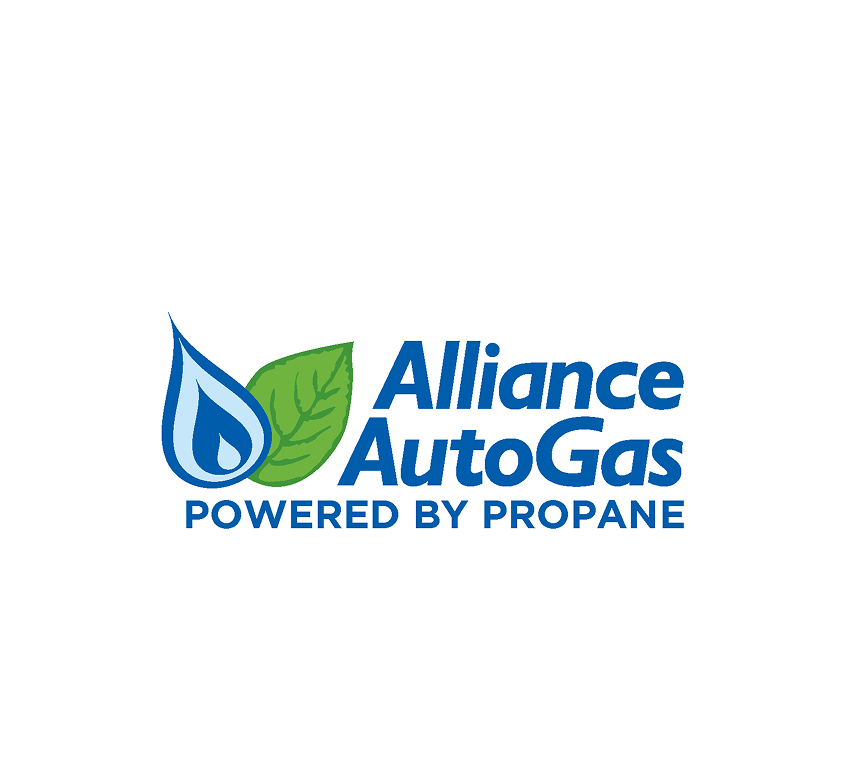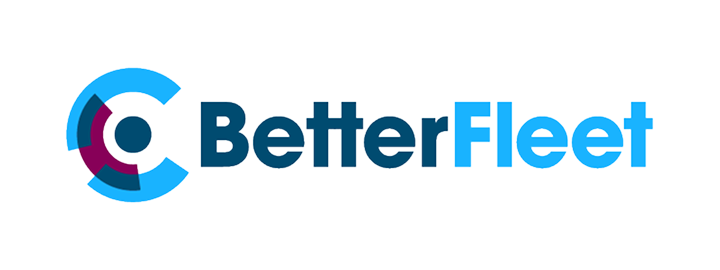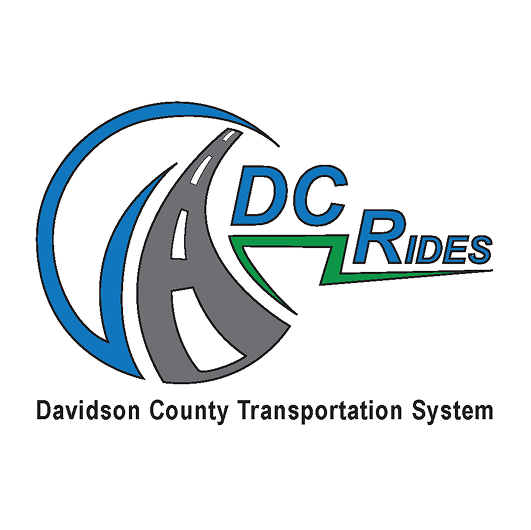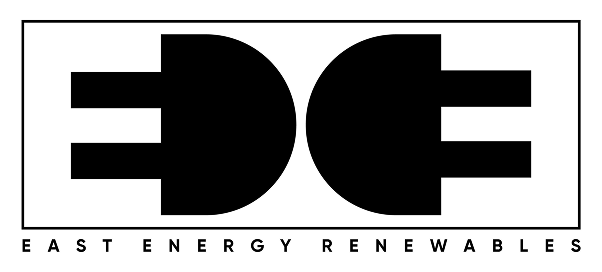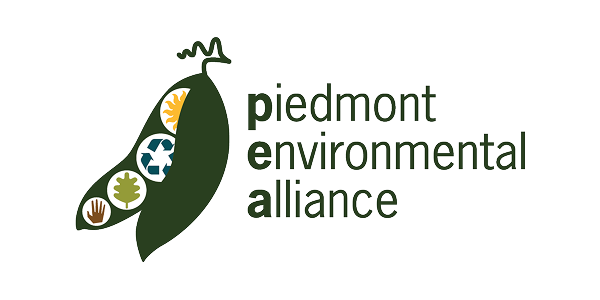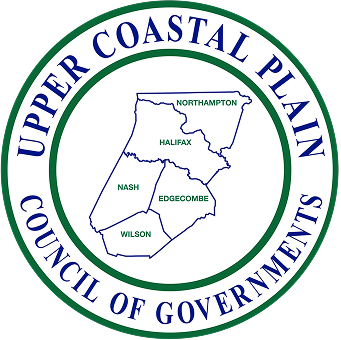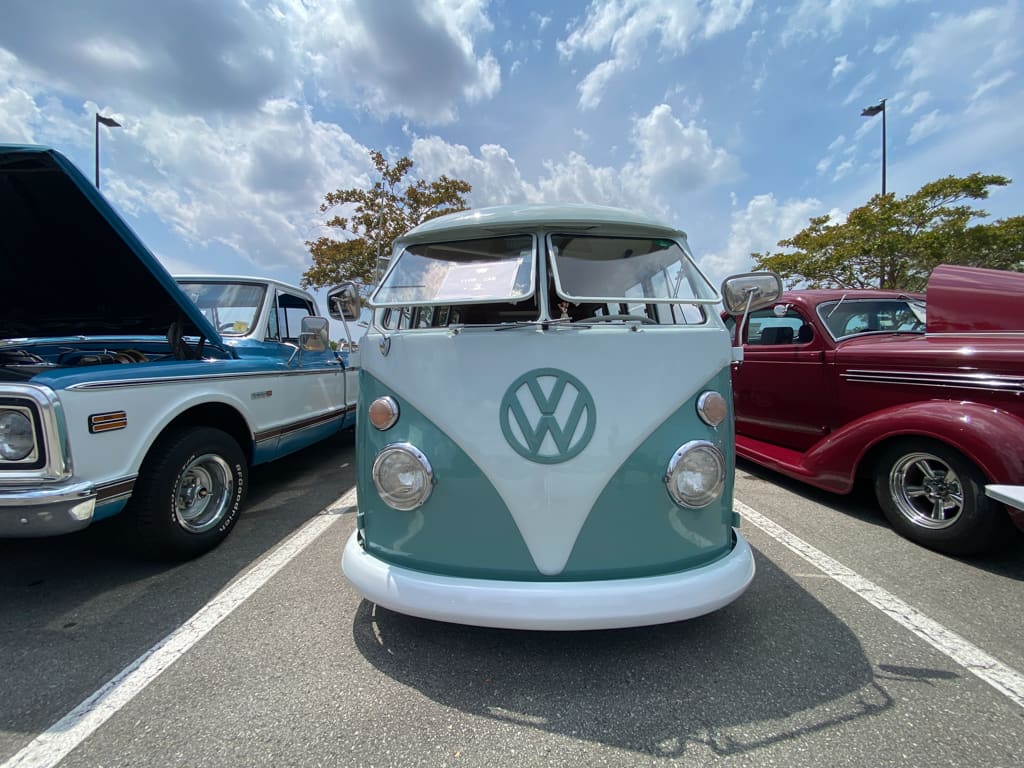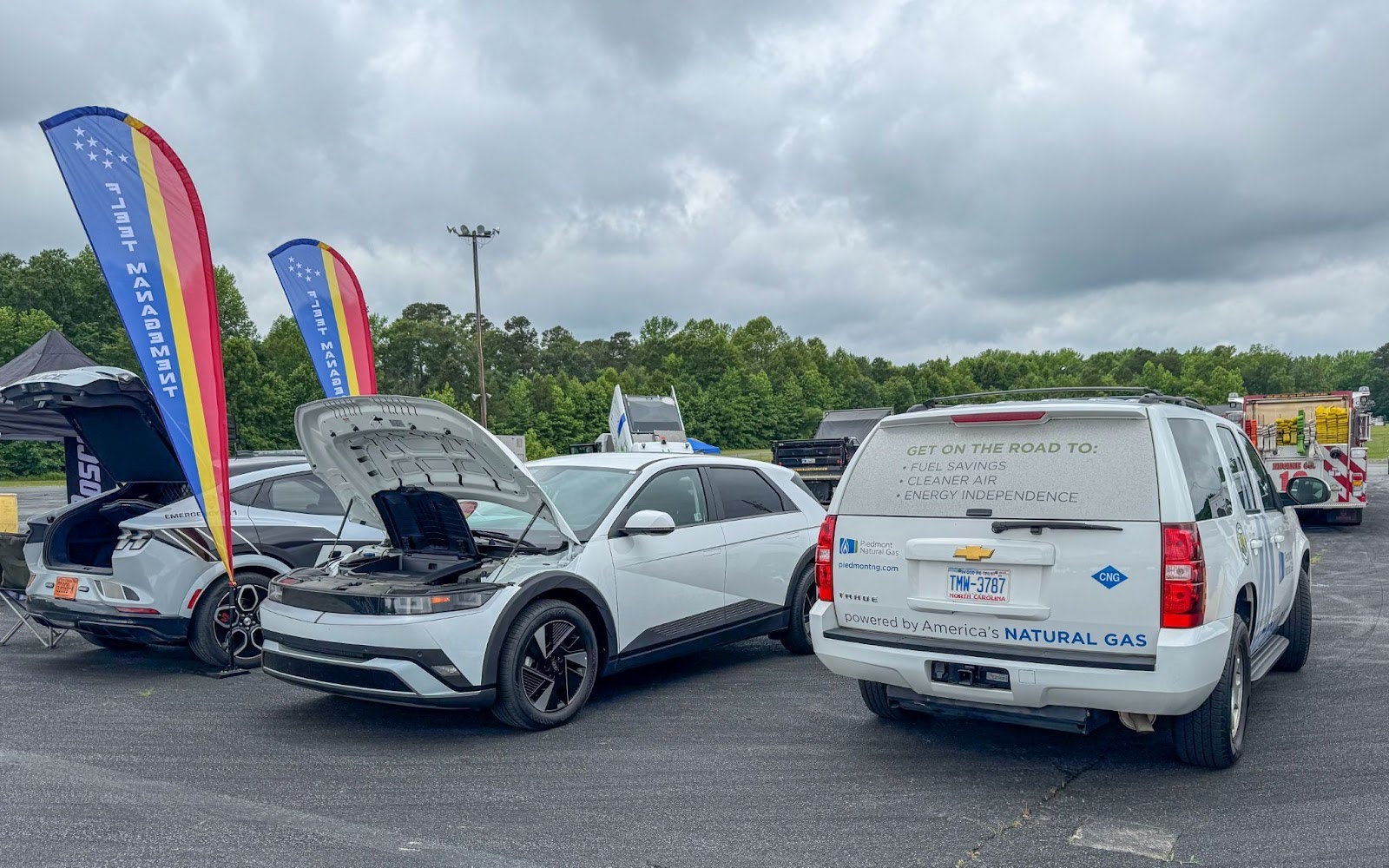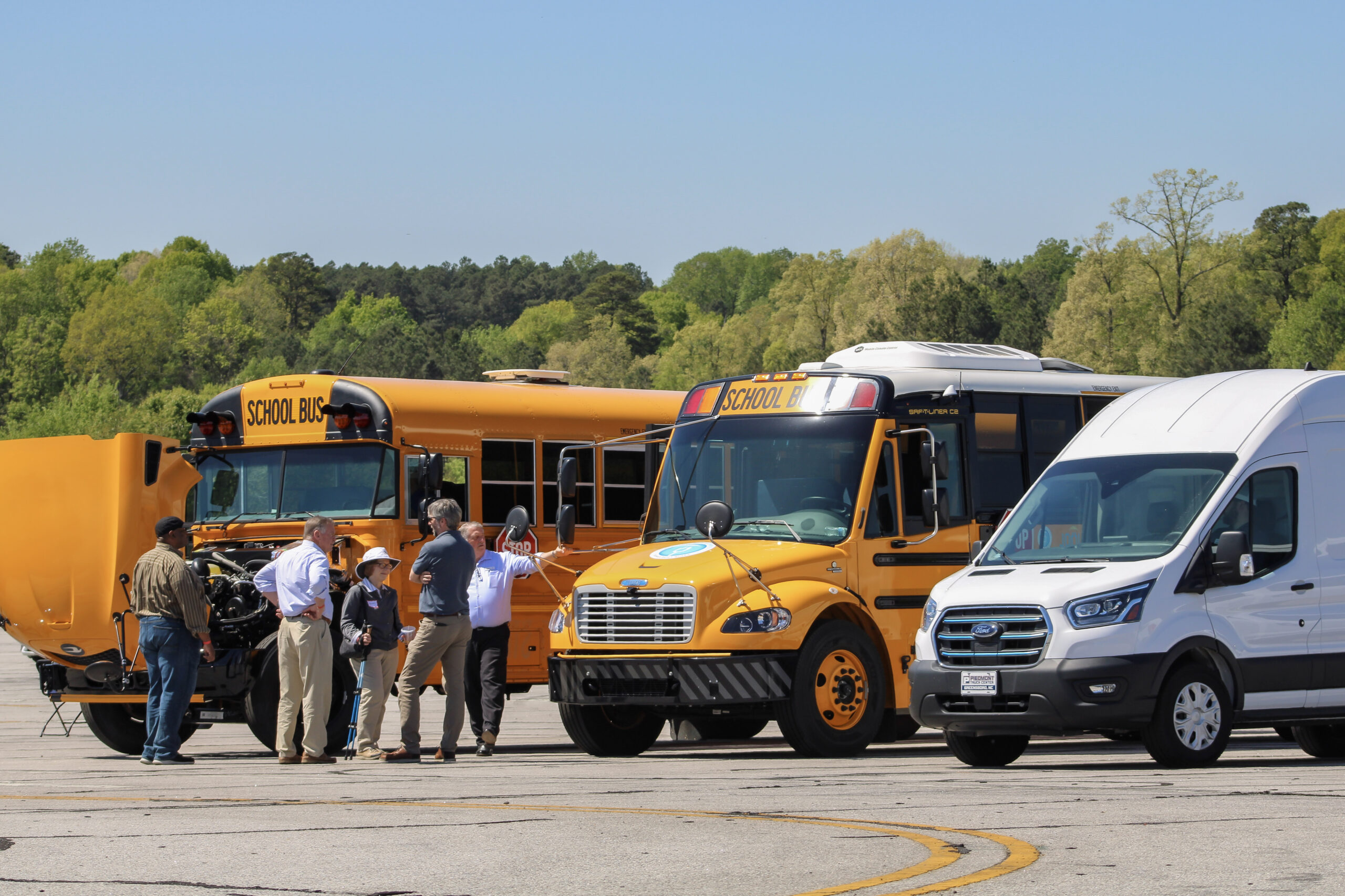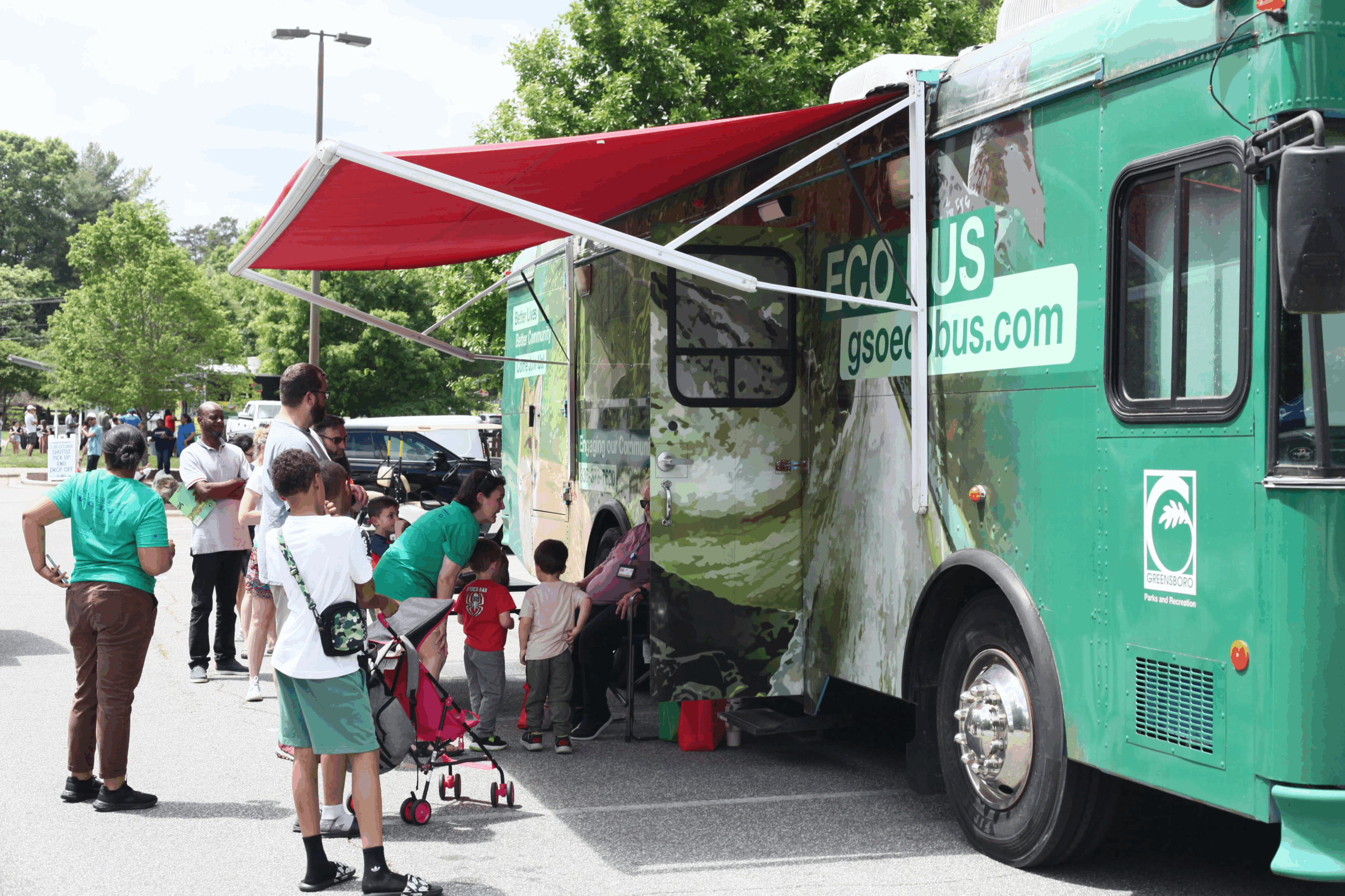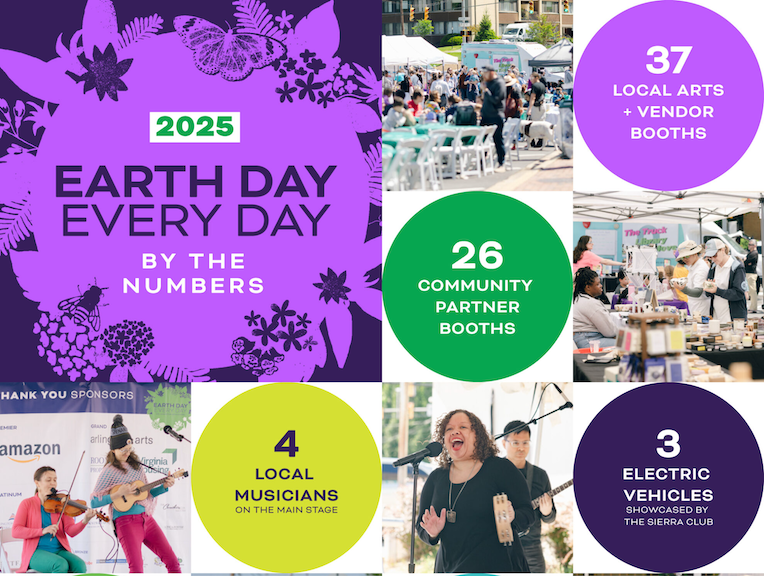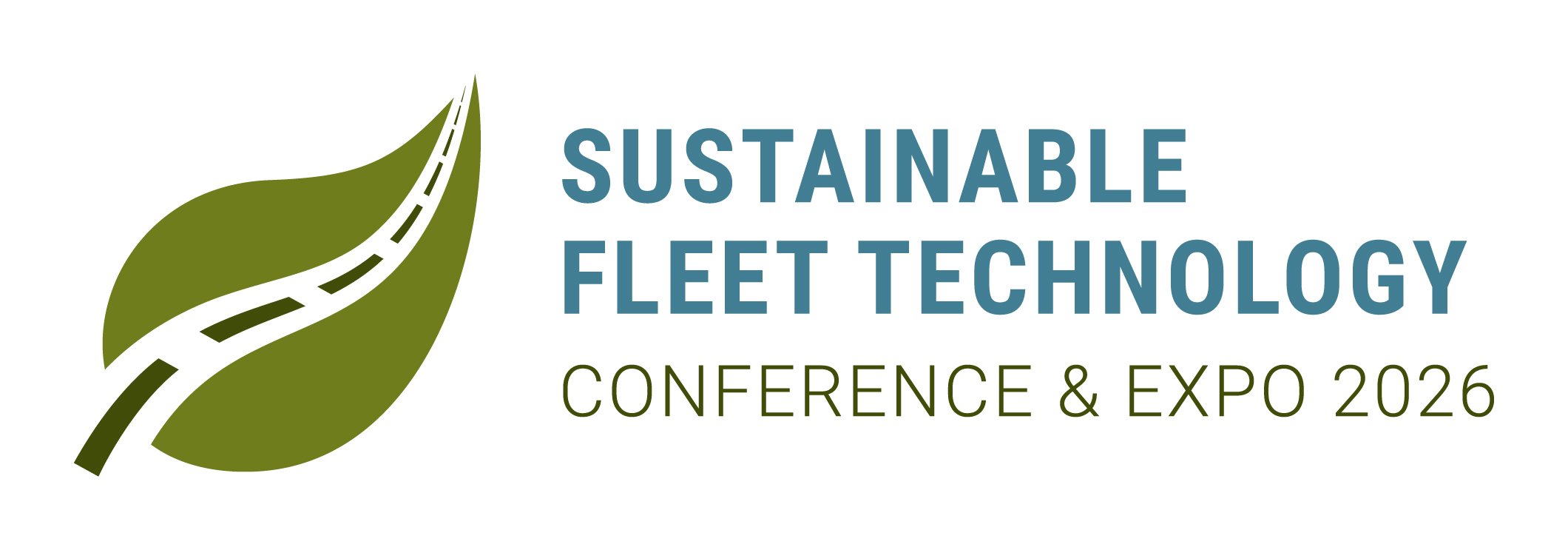Stay up to date
Join our newsletter to receive funding information, notices about educational and stakeholder events, and other news from the Piedmont and Coastal NC Clean Communities.
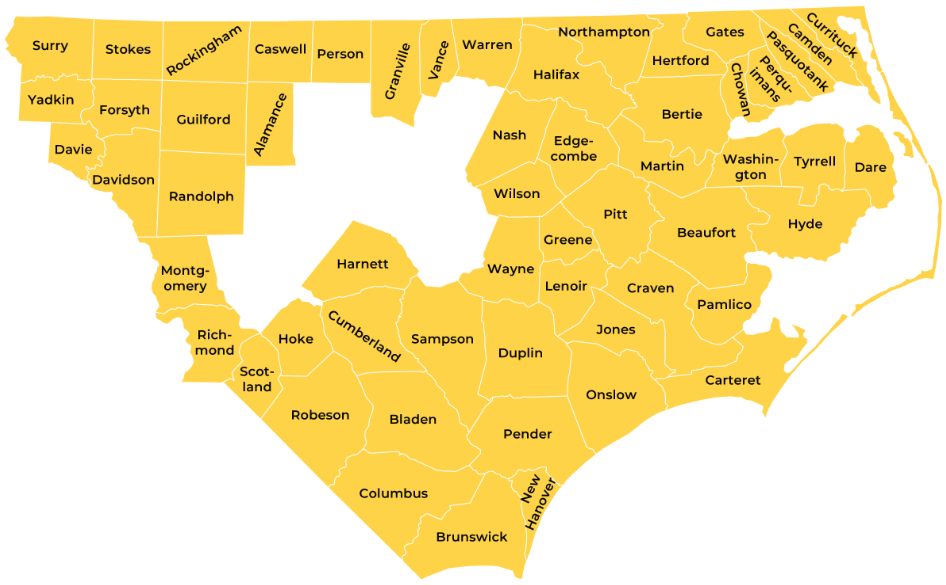
About
About Clean Cities and Communities were originally created by the U.S. Department of Energy (DOE) in order to reduce reliance on petroleum products and improve air quality. Clean Cities and Communities does this by convening partnerships of public and private stakeholders to share information and resources regarding alternative fuels and advanced vehicle technologies that reduce fuel use and related air pollution.
Piedmont & Coastal NC Clean Communities became an apprentice coalition in late January 2024 as part of the U.S. Department of Energy’s Clean Cities and Communities program. This apprentice coalition is housed at the NC Clean Energy Technology Center at NC State University, a state-designated lead regional organization in North Carolina that presently serves 57 counties across the state.
The coalition works with 50 local and regional stakeholders to reduce the amount of petroleum used in transportation around the region.
STAFF

Get Involved
PIEDMONT AND COASTAL NC CLEAN COMMUNITIES ALSO HAS THREE SUBCOMMITTEES:
Funding and Resource Opportunities
This subcommittee serves as a hub for disseminating information and fostering collaboration on funding opportunities. We believe in the power of partnership to access competitive grants at the state, local, and federal levels. By pooling resources and expertise, stakeholders can maximize their impact in advancing clean transportation initiatives. Our activities include attending information sessions, coordinating webinars, and facilitating joint proposals.
×Funding and Resource Opportunities
Learn MoreFleet Services/Support
Our goal is to provide tailored support to public and private fleets, empowering them to embrace alternative fuels and sustainable practices. Through educational events, networking opportunities, and strategic recommendations, we aim to accelerate the adoption of clean transportation technologies statewide. From organizing demonstration days to connecting fleets with original equipment manufacturers (OEMs), we’re dedicated to driving progress in fleet sustainability.
×Fleet Services/Support
Learn MoreFueling/Charging Facilities/Infrastructure Planning and Development
This subcommittee focuses on coordinating with planning organizations and relevant state agencies to enhance fueling and charging infrastructure across our regions. By conducting needs assessments, strategic planning sessions, and resiliency planning, we aim to pave the way for the widespread adoption of electric vehicles and alternative fuels. This subcommittee also collaborates closely with the Funding and Resource Opportunities subcommittee to leverage grant opportunities effectively.
×Fueling/Charging Facilities/Infrastructure Planning and Development
Learn MoreA large portion of our stakeholder engagement will be through these subcommittees and working groups. We intend for these subcommittees to meet virtually or in person at a minimum of once per quarter, and the meetings will focus on the goals of the coalition.
CLEAN CITIES AND COMMUNITIES STAKEHOLDERS HAVE ACCESS TO AN ARRAY OF RESOURCES, INCLUDING:
- Networking opportunities with fleets and industry partners who have experience in alternative fuels and advanced vehicle technologies
- Technical training, workshops, and webinars
- Information resources on alternative fuels, advanced vehicles, idle reduction, energy efficient mobility systems, and other fuel saving strategies and technologies
- Data-driven interactive tools, calculators and mapping applications to find an appropriate solution
- Individual consultation and technical assistance
- Information about funding sources and assistance with funding applications
- Public recognition for progress in implementing alternative fuels and energy efficient vehicle technologies
- Assistance with media outreach in the region
Join us as we drive positive change and shape the future of clean transportation in Piedmont and Coastal North Carolina. Whether you’re an organization, stakeholder, or enthusiast, there’s a place for you in one of our three coalition subcommittees. Together, we can build a cleaner, greener future for our communities.
Our Stakeholders
Events
Funding
The North Carolina Clean Energy Technology Center (NCCETC) has published the “Electric Vehicle Resilience Funding in North Carolina: Grants, Rebates, and Tax Credits” guidebook, offering a lifeline to both commercial and public sector entities delving into electric vehicle (EV) adoption and infrastructure development.
This comprehensive guide aims to demystify the array of incentives available for EV purchases and charging station installations statewide. From federal grants to utility-funded initiatives, the document outlines numerous financial avenues for those eager to embrace sustainable transportation solutions.
OTHER RESOURCES
DSIRE Database
Learn MoreClean Cities & Communities
Learn MoreU.S. Department of Energy
Learn MoreFederal Highways Administration
Learn MoreFederal Transit Administration
Learn MoreEnvironmental Protection Agency
Learn MoreNCDOT
Learn MoreAlternative Fuels Data Center
Learn MoreTechnologies
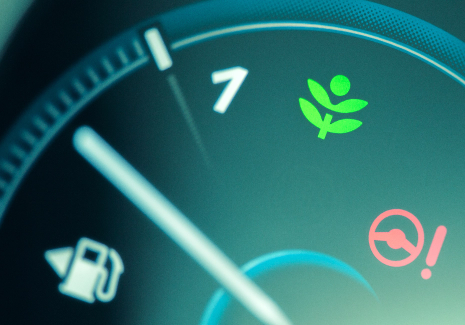
Idle Reduction And Fuel Efficiency
Idle Reduction And Fuel Efficiency
According to the US Energy Information Administration, Americans used nearly 136 billion gallons of gasoline in 2022 – about 368 million gallons a day. Furthermore, total gasoline consumption accounted for about 57% of all consumption in the transportation sectors, 45% of total petroleum consumption and 16% of total United States energy consumption. With more than 260 million vehicles consuming millions of barrels of petroleum every day in the United States, you can do your part to use improved driving behavior and strategies to conserve fuel and improve your driving efficiency. Whether you try to employ idle reduction strategies or simply carpool to work with coworkers, there are many ways to conserve fuel and save yourself money.
×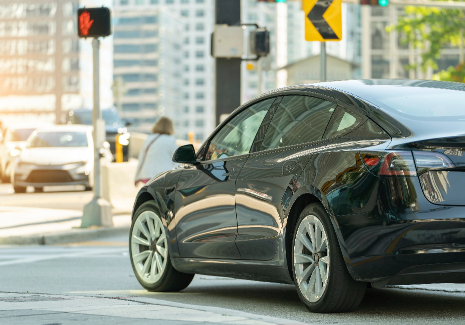
Efficient Driving
Idle Reduction and Efficient Driving
Drivers can conserve fuel by learning how different driving behaviors affect fuel economy and by adopting techniques to save fuel and money. There are several efficient driving techniques one can use, including idle reduction, driving conservatively, combining trips, reducing vehicle load and more.
×
Ridesharing / Carpooling
Ridesharing / Carpooling
Ridesharing programs help connect people to travel together which can reduce travel costs, traffic and parking demand. Some local and regional governments even provide incentives to encourage ridesharing, such as access to high occupancy (HOV) lanes, discounted fees on roads or lanes, and special parking privileges for vehicles with multiple passengers.
×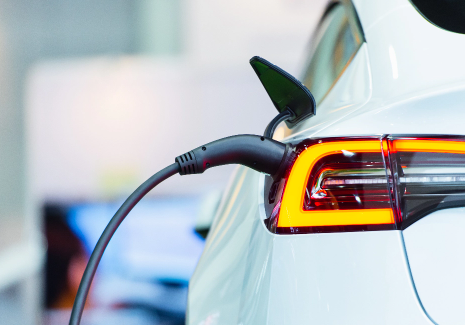
Electric & Hybrid Vehicles
Electric & Hybrid Vehicles
On the automotive market today, consumers can choose from three different types of EVs: all-electric, plug-in hybrid electric vehicles (PHEVs), and hybrid electric vehicles (HEVs).
Driving electric, hybrid and plug-in vehicles has a whole host of benefits including energy security, cost savings, a better fuel economy and reduced emissions. Electric vehicles (EVs) require less expensive and less frequent maintenance while offering high quality performance, known for operating smoothly and quietly while also providing more torque and agility when driving.
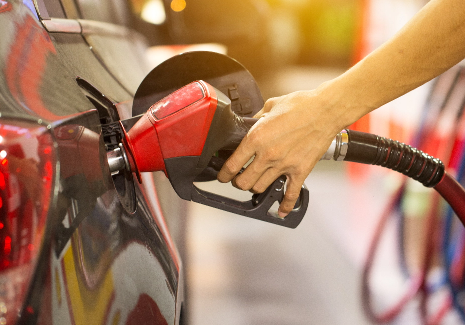
Gaseous Fuels
Gaseous Fuels
Alternative fuels, otherwise known as non-conventional and advanced fuels, are derived from resources other than petroleum. Gaseous fuels such as hydrogen, natural gas and propane produce fewer carbon emissions and harmful particulates than standard diesel. Many of them are also produced domestically, making them more accessible with an established distribution network, relatively low cost and emissions benefits.
Alternative fuels enable the United States to diversify its fuel supply with domestic fuels and reduce overall consumption of imported petroleum in recent years. These fuels are also more environmentally friendly, with hydrogen producing no air pollutants or greenhouse gases, while natural gas and propane produce up to 10% less greenhouse gas emissions.
Hydrogen is a zero tailpipe emissions alternative fuel that can be used in a fuel cell to provide electricity.
Propane autogas, or liquefied petroleum gas (LPG), is a cleaner-burning byproduct of natural gas processing or crude oil refining. The U.S. is the world’s largest producer of propane. With light, medium and heavy-duty applications there is an array of more than 140,000 LPG-fueled vehicles on U.S. roads.
Natural gas, a lower carbon fuel used by industry and at home, is increasingly available as a clean burning transportation fuel. Renewable natural gas can also be produced from decaying organic materials in landfills, plant and livestock waste and is one of the lowest carbon energy sources for transportation.
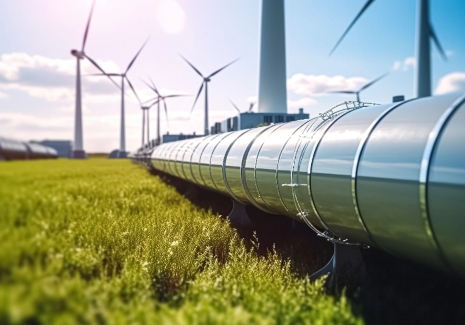
Renewable Fuels
Renewable Fuels
The U.S. Energy Information Administration reports that motor gasoline is the main product produced by U.S. oil refineries and accounts for one of the most consumed fuels in the country. In 2022, about 90% of total U.S. transportation sector energy use was contributed by petroleum products. Renewable energy, however, could help diversify the nation’s reliance on petroleum products. Coming from sources that are naturally replenishing but flow-limited, renewable resources are virtually inexhaustible in duration. Renewable fuels such as ethanol and biodiesel are often domestically produced, making them more accessible and reducing transportation costs for businesses and consumers.
×Recent News

Clean Cities and Communities Coalitions Discuss Expansion in the Southeast
By: Alrik Lunsford, Piedmont and Coastal North Carolina Clean Communities Coalition Director On Tuesday, January 27, 2026, Clean Cities and Communities coalitions from across the Southeastern region conducted a webinar…
Learn More
Cary Fire Department Electrifies, Leading the East Coast
The town of Cary, in North Carolina, has worked to implement sustainable fleet technology for over a decade. After purchasing the town’s first electric vehicle (EV) in 2012, the fleet…
Learn More
Save the Date for the 10th Annual SFT Conference & Expo
By: Dawn Haworth, Public Communications Specialist The Sustainable Fleet Technology (SFT) Conference & Expo is approaching its 10th year as the pivotal event where leading fleets and technology providers convene to drive…
Learn More
